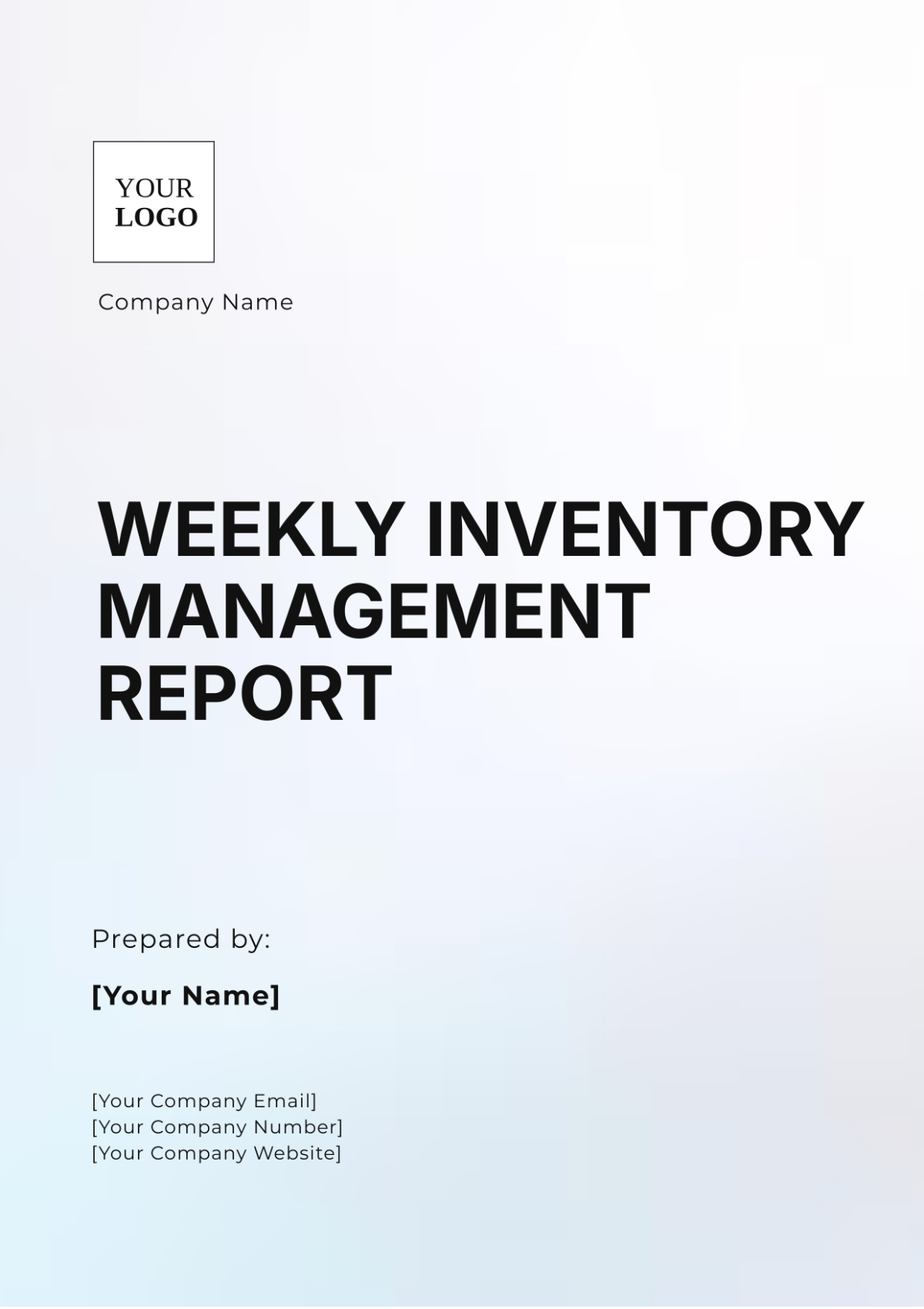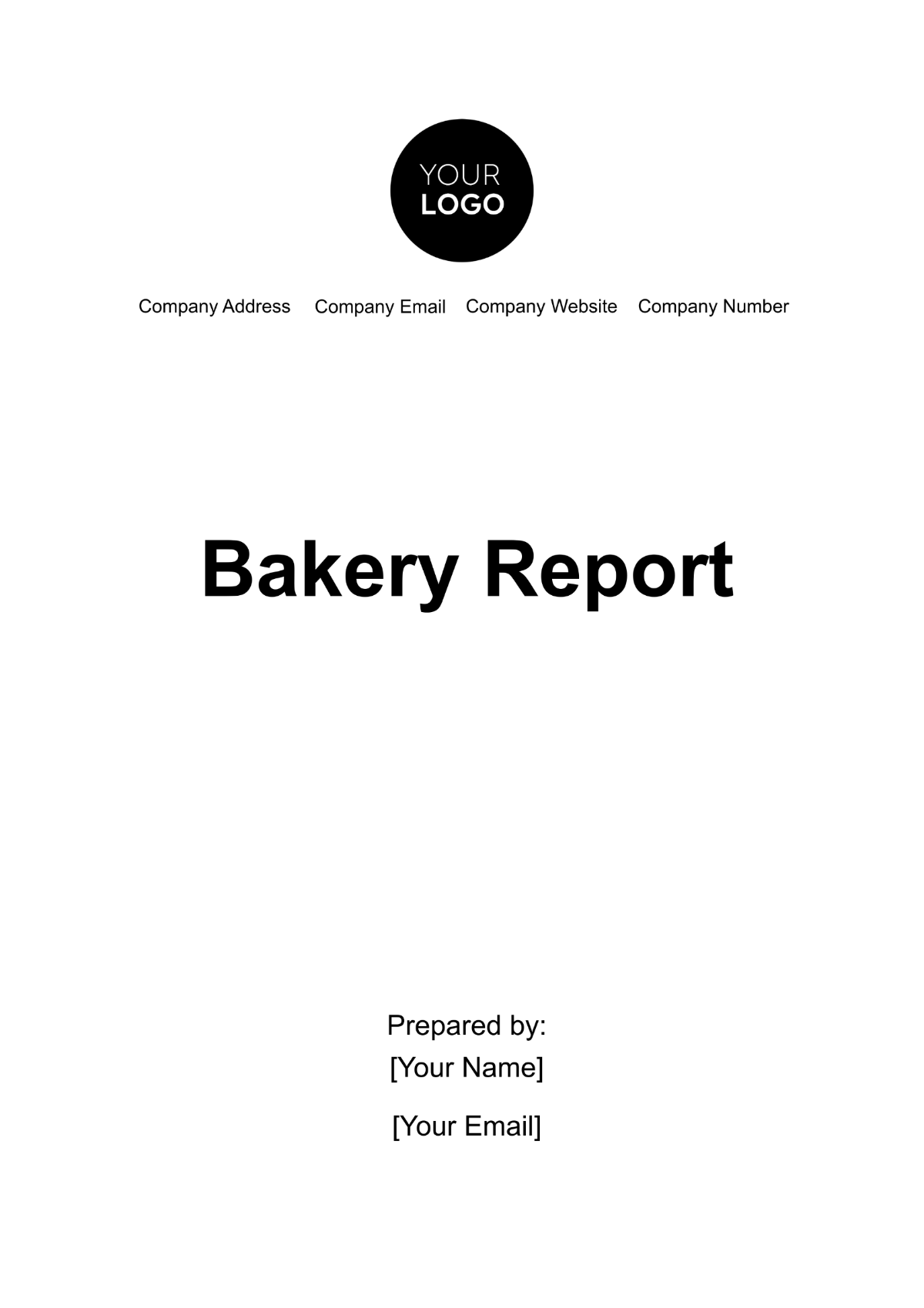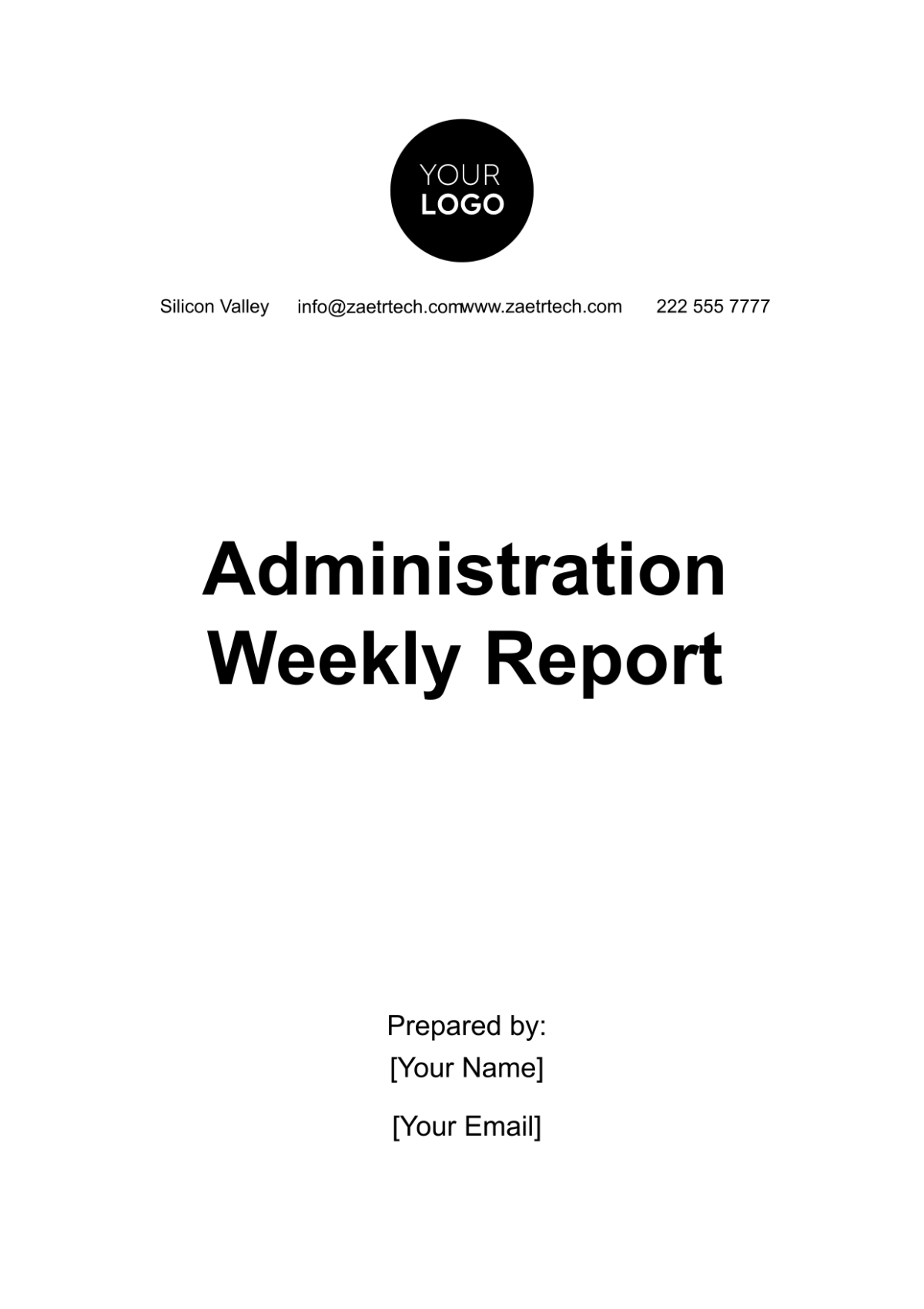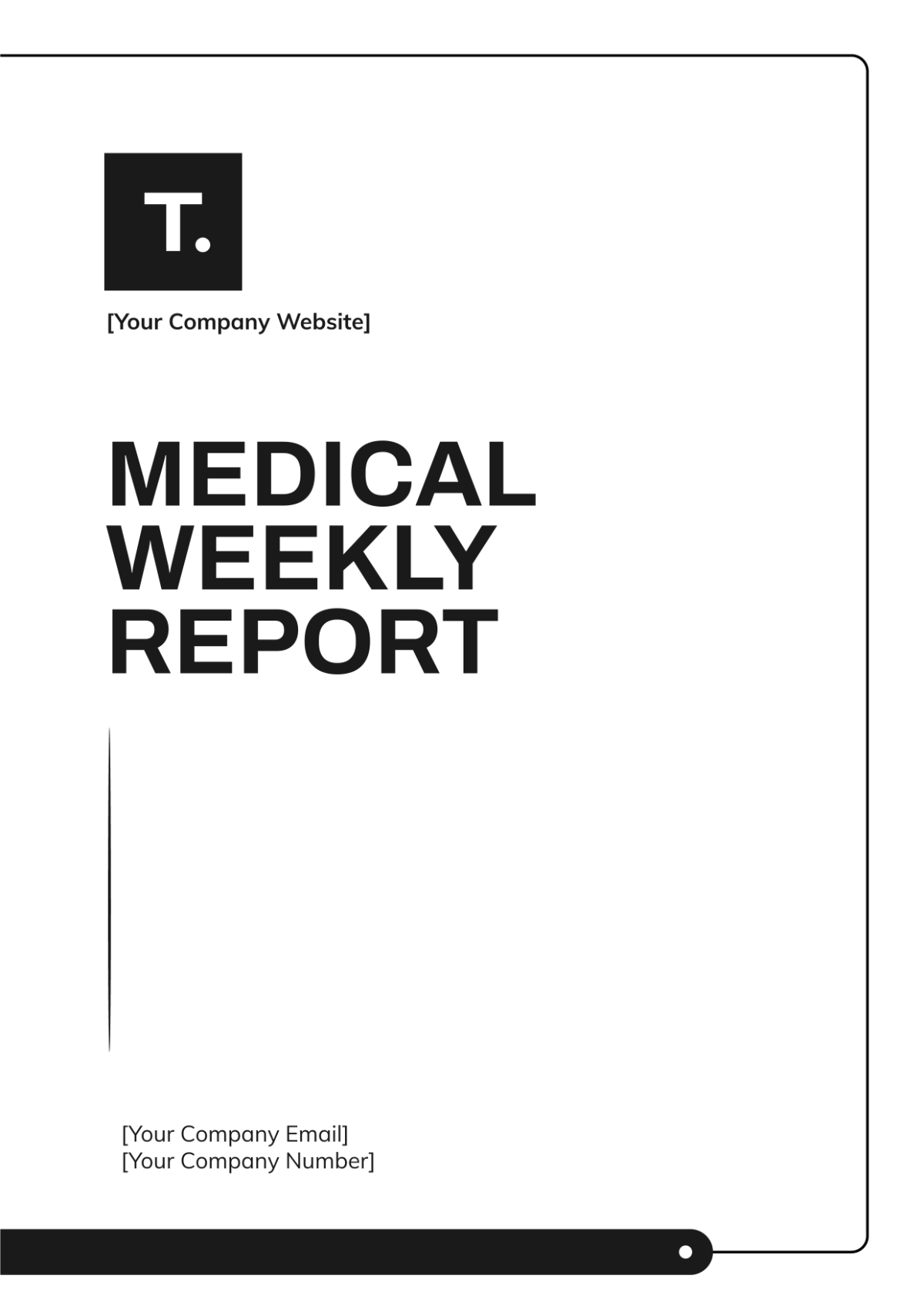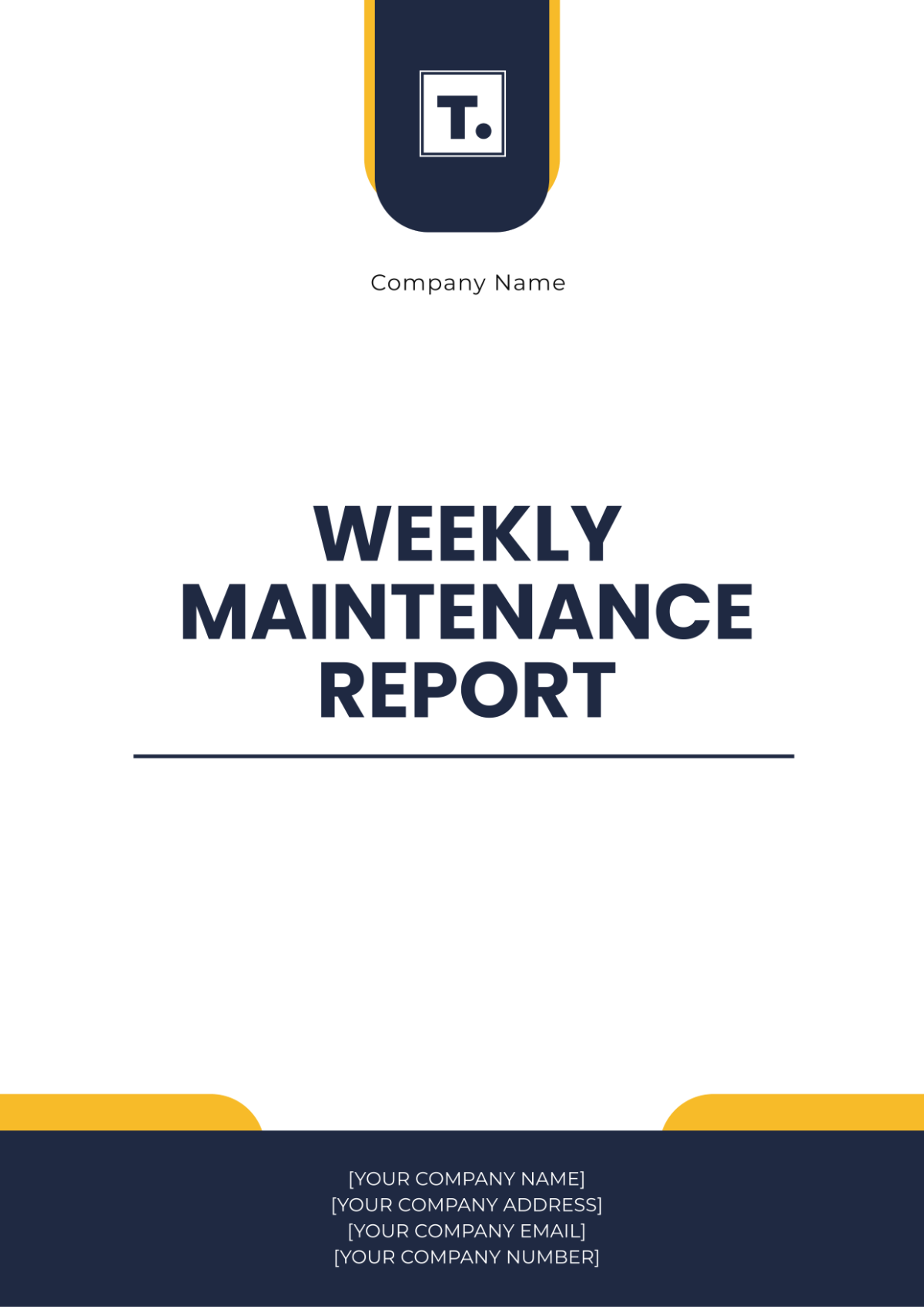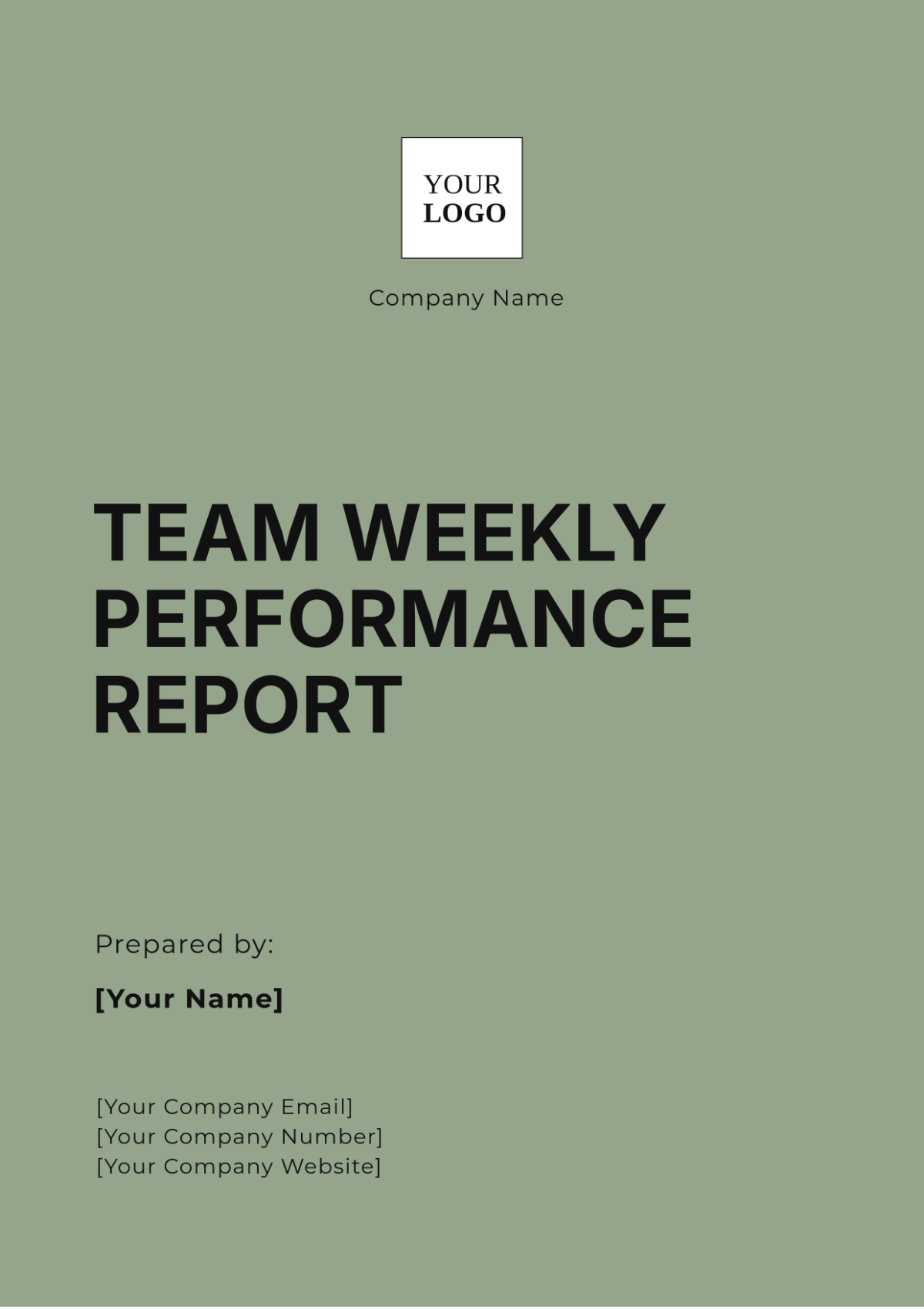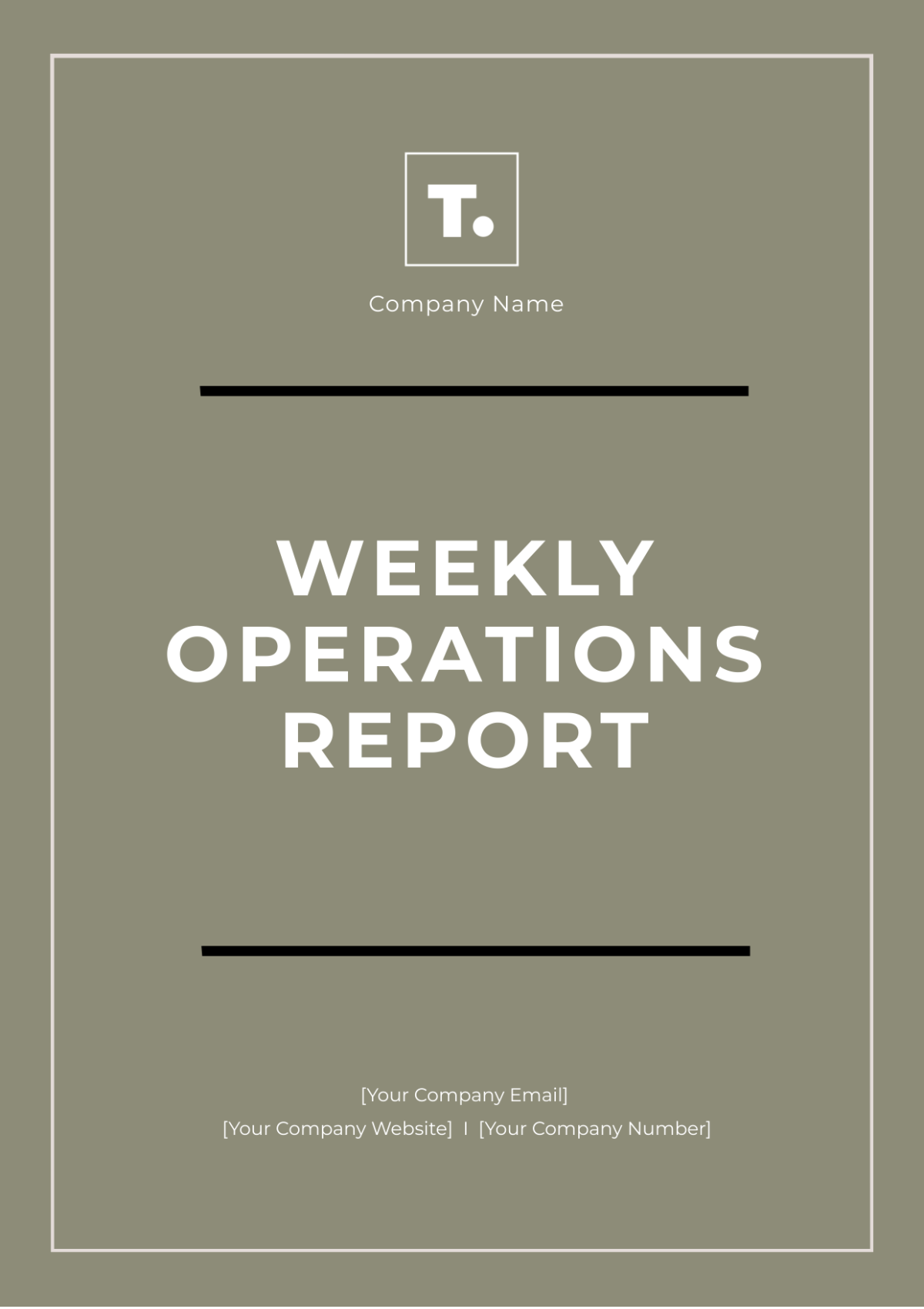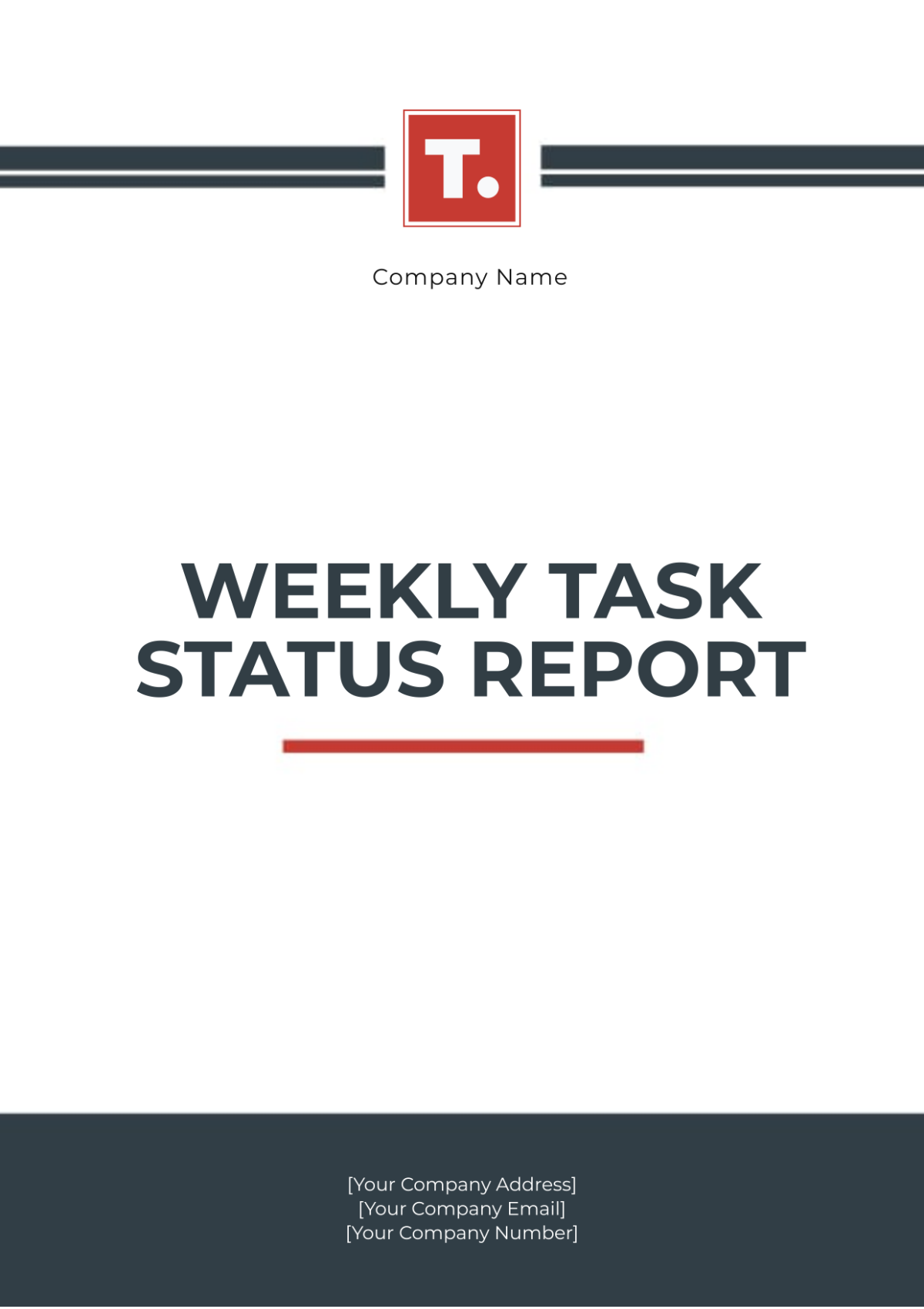Weekly Operations Report
Prepared by: [YOUR NAME]
Company: [YOUR COMPANY NAME]
Department: Operations
Reporting Period: June 1-7, 2050
I. Executive Summary
The week saw smooth operations across departments with notable achievements in meeting production targets and maintaining quality standards. Key highlights include successful inventory management, efficient logistics coordination, and proactive maintenance initiatives. However, challenges were encountered in workforce scheduling, necessitating adjustments to ensure optimal resource utilization.
II. Production and Quality
A. Production Output
The production department successfully met weekly production targets with a 98% efficiency rate. This achievement reflects the team's dedication to operational excellence and adherence to production schedules.
B. Quality Control
Quality control measures remained stringent, resulting in a defect rate below 1%. Rigorous inspections and adherence to quality protocols ensured that products met or exceeded customer expectations, enhancing brand reputation and customer satisfaction.
III. Inventory Management
A. Inventory Levels
The inventory management team maintained optimal inventory levels across all product categories, striking a balance between avoiding stockouts and minimizing excess inventory. Real-time inventory monitoring systems enabled timely replenishment orders, ensuring continuity in production processes.
B. Inventory Turnover
The inventory turnover ratio for the week stood at 5, indicating efficient utilization of inventory resources. This metric reflects the effectiveness of inventory management strategies in optimizing cash flow and reducing carrying costs.
C. Supplier Relations
Strong relationships with suppliers played a crucial role in ensuring timely replenishment and mitigating supply chain disruptions. Open communication channels and collaborative planning efforts helped anticipate and address potential challenges proactively.
IV. Logistics and Distribution
A. Transportation
Transportation operations were efficiently managed, with a focus on reducing transit times and transportation costs. Optimization of route planning, utilization of advanced tracking technologies, and collaboration with reliable carriers facilitated smooth transportation operations.
B. Warehouse Operations
Continuous improvements in warehouse processes enhanced inventory accuracy and order processing efficiency. Layout optimizations, barcode scanning systems, and trained warehouse personnel contributed to streamlined operations and minimized errors.
V. Workforce Management
Workforce scheduling faced challenges due to unexpected absences and fluctuating demand patterns. Adjustments were made in real-time to ensure adequate staffing levels and maintain production continuity. Additionally, cross-training initiatives were initiated to enhance workforce flexibility and adaptability.
VI. Key Metrics
Metric | Performance |
|---|---|
Production Efficiency | 98% |
Defect Rate | <1% |
Inventory Turnover | 5 |
Order Fulfillment Rate | 100% |
VII. Conclusion
In conclusion, operations ran smoothly during the week, with achievements in production output, inventory management, logistics, and quality control. While challenges were encountered in workforce scheduling, proactive measures were taken to mitigate disruptions. Continued focus on efficiency, quality, and workforce management will drive operational excellence and support organizational goals.








